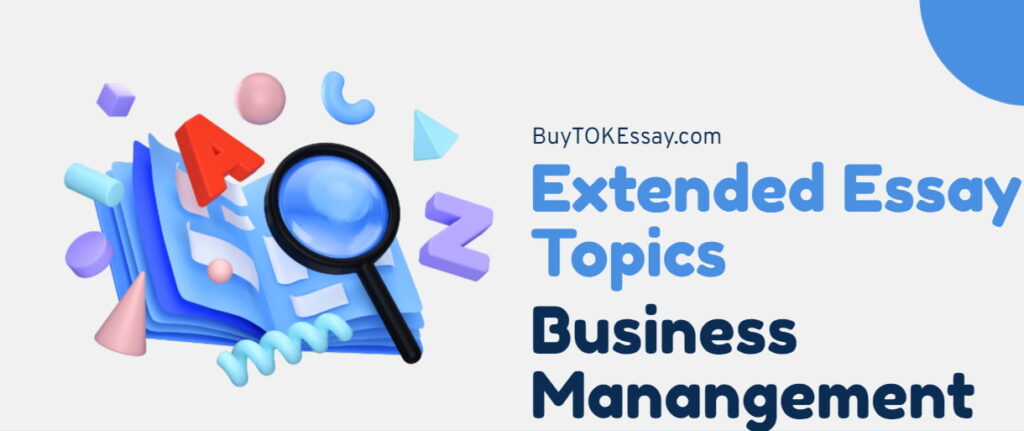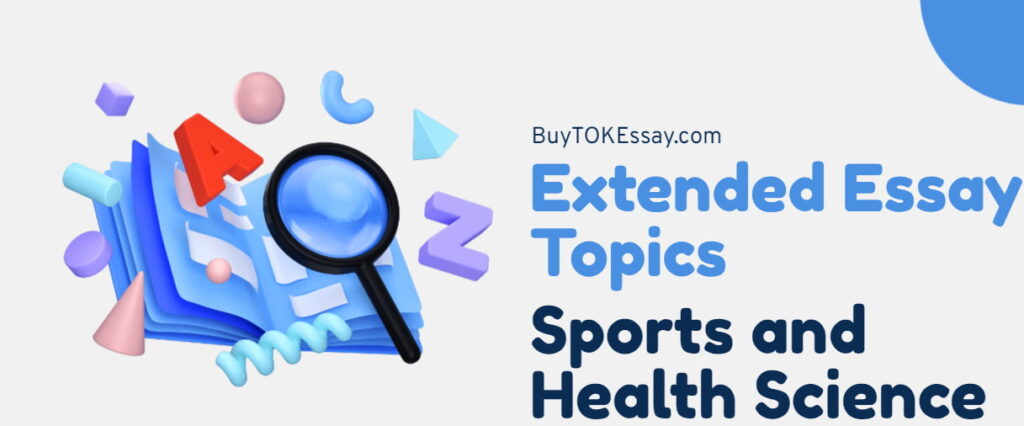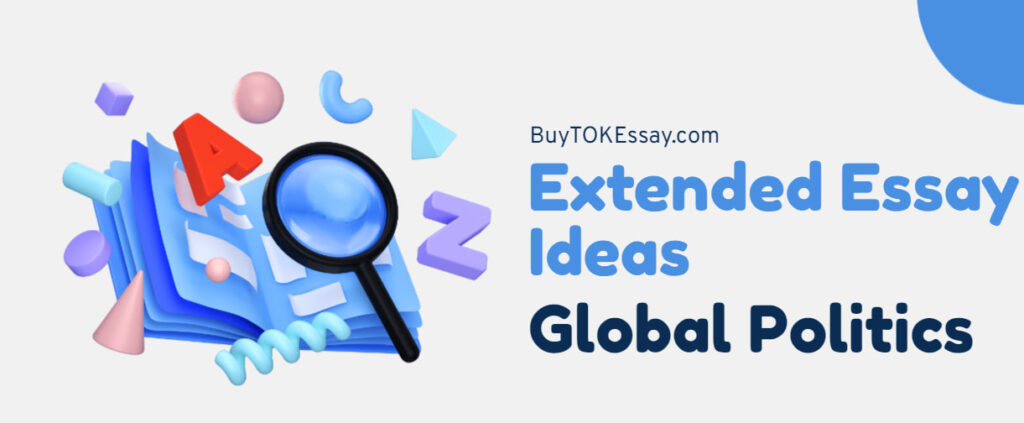Choosing the perfect topic for your Philosophy extended essay can be a gateway to addressing profound questions and developing insights that resonate with the very essence of human thought. As an experienced IB writer, I understand the importance of choosing a topic that captures your interest and meets the general IB criteria. In my experience, a well-chosen topic in the IB Philosophy course transforms an academic requirement into an intellectually rewarding experience.
What Makes a Good Philosophy Extended Essay Topic?
Philosophy invites students to engage deeply with a range of philosophical problems and texts in the context of the International Baccalaureate. This engagement fosters critical thinking and analytical skills.
Furthermore, philosophy encourages students to question conventional wisdom and develop their arguments — crucial skills for any budding philosopher. From my perspective, the study of philosophy under the IB framework is not just about understanding the thoughts of great philosophers but also about applying these ideas to contemporary issues.
According to general IB criteria, a good topic should be original and specific and spark a genuine interest in you. For example, rather than simply reviewing Kant’s notions of morality, you could analyze how Kant’s moral philosophy might be applied to modern-day ethical dilemmas concerning artificial intelligence.
For example, many students fall into the trap of selecting overly broad topics or areas with limited resources. As someone deeply familiar with IB Philosophy, I recommend identifying a topic with accessible resources that allow you to form a coherent argument. Avoid topics that are so obscure that you struggle to find scholarly support.
By the way, we are always available to help with EE writing. Simply buy an extended essay from our best IB authors and get a flawless grade.
Exciting Philosophy Extended Essay Topics
In choosing your Philosophy extended essay topic, you need to consider options that provide enough scope for thorough step-by-step research yet are narrow enough to allow for focused analysis.
Ethics and Morality
For those intrigued by questions of right and wrong, topics in ethics and morality offer fertile ground for research. You could examine the ethical implications of euthanasia or the moral considerations of privacy in the digital age. These topics are philosophically rich and highly relevant in today’s global context.
Philosophy of Mind
Another intriguing area is philosophy of mind, where you might research the nature of consciousness or the implications of artificial intelligence for understanding the self. These topics challenge you to question the very nature of human existence and consciousness, making for a highly engaging extended essay.
Political Philosophy
Alternatively, political philosophy topics such as justice, freedom, and the state’s role remain profoundly influential. You could analyze the philosophical underpinnings of modern democracy or critique theories of justice in the light of global inequality.
If you need inspiration, check out this comprehensive guide on Philosophy IA topics tailored for IB students.

Philosophy Extended Essay Topics and Research Questions
For additional insights and resources, consult academic journals and books on your chosen topic. Also, consider the Philosophy extended essay topics and research questions I give you below:
- The Ethics of Artificial Intelligence. What ethical considerations should govern the development and implementation of artificial intelligence?
- Utilitarianism in Contemporary Moral Issues. How can utilitarian principles be applied to assess the ethicality of modern social welfare policies?
- Existentialism and Freedom. To what extent does existentialist philosophy support the concept of free will?
- Nietzsche’s Critique of Morality. How does Friedrich Nietzsche critique traditional moral values in his concept of the “Übermensch”?
- Philosophy of Language: Meaning and Interpretation. How does the theory of semantics challenge our understanding of meaning in language?
- Feminist Philosophy: The Ethics of Care vs. Justice. How do the ethics of care differ from traditional justice theories in feminist philosophical thought?
- The Mind-Body Problem: Dualism vs. Physicalism. What are the implications of dualism and physicalism for understanding the relationship between the mind and the body?
- Marxist Philosophy and Class Struggle. How relevant is Karl Marx’s theory of class struggle in understanding modern social and economic inequalities?
- Philosophy of Science: The Problem of Induction. How does the problem of induction challenge the reliability of scientific knowledge?
- Philosophical Skepticism and Human Knowledge. What are the limits of human knowledge according to philosophical skepticism?
- Plato’s Theory of Forms. How does Plato’s theory of forms contribute to our understanding of universals and particulars?
- Ethical Implications of Euthanasia. Under what conditions, if any, can euthanasia be morally justified?
- Liberty and Its Limits in the Philosophy of John Stuart Mill. How does John Stuart Mill justify the limits of individual liberty in his utilitarian framework?
- The Role of Intuition in Ethical Decision-Making. How reliable is intuition as a basis for making ethical decisions?
- Comparative Philosophy: Eastern and Western Perspectives on Self and Identity. How do Eastern philosophical concepts of the self compare to Western notions of identity?
- Virtue Ethics and Modern-Day Moral Challenges. How can Aristotle’s concept of virtue ethics be applied to contemporary moral dilemmas, such as climate change?
- Personal Identity and Consciousness. What philosophical issues arise from contemporary theories of personal identity and consciousness?
- Justice and Fairness in Rawls’ Theory. How does John Rawls’ theory of justice as fairness apply to the modern welfare state?
- Philosophical Analysis of Human Rights. What are the philosophical foundations of human rights, and how are they applicable today?
- The Ethical Dimensions of Privacy in the Digital Age. What are the ethical considerations surrounding privacy in the digital era?
- The Concept of Happiness in Philosophy. How have different philosophers understood the concept of happiness, and what implications does this have for modern life?
- Determinism and Free Will. What are the implications of determinism for understanding free will and moral responsibility?
- Ethics and Genetic Engineering. What ethical issues arise from the use of genetic engineering technologies in humans?
- Philosophy of Religion: The Problem of Evil. How have philosophers addressed the problem of evil, and what does it say about the existence of God?
- Comparative Analysis of Eastern and Western Ethics. How do ethical systems in Eastern philosophies differ from those in Western philosophies?
- The Role of Reason in Ethics. What role does reason play in ethical decision-making across different philosophical traditions?
- Social Contract Theories in the Modern State. How relevant are social contract theories in understanding contemporary political obligations?
- Phenomenology and the Human Experience. How does phenomenology contribute to our understanding of the human experience?
- Philosophy and the Environment: Ethical Implications of Ecological Conservation. What ethical responsibilities do humans have toward environmental conservation?
- Aesthetic Philosophy: Understanding Beauty. How do philosophical theories of beauty apply to contemporary visual arts?
- Philosophy of Technology: Ethics in the Digital Age. How should ethical principles guide the development and use of disruptive technologies?
- Simone de Beauvoir and the Ethics of Feminism. How does Simone de Beauvoir’s concept of the “Other” apply to contemporary feminist movements?
- The Intersection of Philosophy and Mental Health. What can philosophical theories contribute to our understanding of mental health and its treatment?
- Anarchism and Political Philosophy. What are the philosophical arguments for and against anarchism as a political ideology?
- Philosophy of Education: Teaching for Critical Thinking. How can philosophical principles be effectively integrated into modern educational practices to enhance critical thinking skills?
- The Role of Suffering in Existentialist Thought. How do existentialist philosophers address the concept of suffering, and what relevance does this have for modern existential crises?
- Philosophy and the Challenge of Multiculturalism. How can philosophy help us meet the ethical and social challenges of multicultural societies?
- Animal Rights and Ethical Considerations. What philosophical arguments support the rights of animals, and how should these influence our practices?
- Philosophy of Law: Justice Beyond the State. How do philosophers conceptualize justice in a global context beyond the sovereign state?
- Existence and Reality: Perspectives from Metaphysics. How do different metaphysical theories explain the nature of reality and existence?
- The Ethics of Consumption in a Global Economy. What ethical responsibilities do consumers have within the global economic system?
- Kant’s Categorical Imperative in Modern Ethics. How does Immanuel Kant’s Categorical Imperative apply to contemporary ethical issues like corporate responsibility?
- Philosophical Implications of Quantum Physics. What challenges do theories in quantum physics pose to classical philosophical understandings of reality?
- Philosophy of Art: The Role of Intention and Interpretation. How should the intentions of artists influence the interpretation of their work?
- The Philosophy of Space and Time. How have philosophical perspectives on space and time evolved, and what implications do these have for understanding the universe?
- The Philosophy of Happiness: A Comparative Study. How do different cultural philosophies define and approach the concept of happiness?
- Bioethics and Human Enhancement. What ethical issues arise from the use of biotechnologies for human enhancement?
- Political Obligation and Authority. What justifies political obligation and the authority of the state in philosophical terms?
- Philosophical Foundations of Human Rights. How do philosophical theories justify the existence and universality of human rights?
- Stoicism and Modern Life. How can Stoic philosophy be applied to stress and personal development challenges?
- The Role of Doubt in Scientific Inquiry. What is the role of skepticism and doubt in the philosophy of science?
- The Ethics of War and Peace. What philosophical arguments guide the moral considerations of warfare and peace efforts?
- Existentialism and Authenticity. How does existentialism define the concept of authenticity, and what challenges does it pose for personal identity?
- The Impact of Consumer Culture on Identity. How does consumer culture influence individual identity and ethical behavior according to philosophical analysis?
- The Philosophy of Language and Translation. What are the philosophical challenges in translating languages, and how do these affect meaning and interpretation?
- Heidegger’s Concept of Being. What is Martin Heidegger’s concept of Being, and how does it challenge traditional metaphysics?
- The Intersection of Ethics and Aesthetics. How do ethics and aesthetics interact in the creation and reception of art?
- Relativism and Moral Objectivity. Is moral relativism sustainable in light of philosophical arguments for moral objectivity?
- Neuroethics and the Philosophy of Mind. How do developments in neuroscience challenge traditional philosophical views of the mind?
- Justice in Healthcare Allocation. How should principles of justice guide the allocation of scarce healthcare resources?
Don’t hesitate to discuss your ideas with teachers and peers, as they can offer valuable feedback and new perspectives.

Need Help with Your IB Extended Essay?
Maximize your potential and boost your Extended Essay’s excellence with the help of our experts! Whether starting from scratch or fine-tuning your existing assignment to meet your supervisor’s demands, the BuyTOKEssay.com team is here to make your dream of a perfect paper a reality. Say goodbye to writer’s block and hello to success with just one click.
Conclusion
Choosing and developing a topic for your IB Philosophy extended essay is a profound opportunity to engage with the questions that stir the human soul. Seize this chance to add your voice to the ongoing philosophical dialogue. Also, don’t hesitate to contact our IB writers for expert help with your extended essay. ✍️💯





